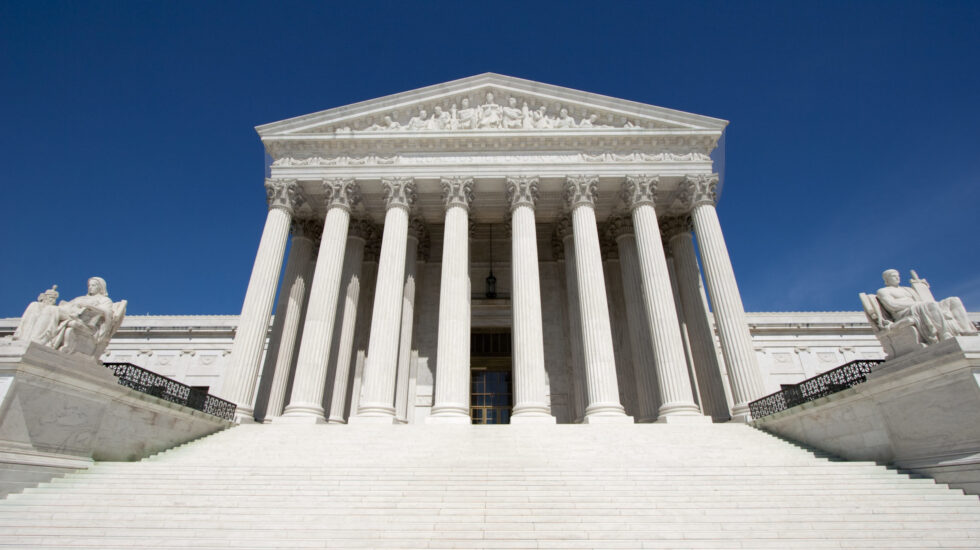The Supreme Court announced Friday that it would hear two major challenges to Texas’ near-ban on abortions on an accelerated timeline. Oral arguments will begin November 1st.
But the high court declined to suspend the law in the interim, prompting a sharp critique from Justice Sonia Sotomayor.
“For the second time, the court is presented with an application to enjoin a statute enacted in open disregard of the constitutional rights of women seeking abortion care in Texas,” Sotomayor wrote. “For the second time, the court declines to act immediately to protect these women from grave and irreparable harm.”
Sotomayor added, “The promise of future adjudication offers cold comfort, however, for Texas women seeking abortion care, who are entitled to relief now. These women will suffer personal harm from delaying their medical care, and as their pregnancies progress, they may even be unable to obtain abortion care altogether.”
The Texas law, enacted September 1st, prohibits abortions after fetal cardiac activity is detected – around the sixth week of pregnancy, which is before many women know they’re carrying. A novel feature of the law outsources its enforcement to citizens, who are awarded $10,000 if they initiate a successful civil lawsuit against anyone involved in an abortion, including providers and patients.
CNN explains the specifics of the Supreme Court challenges:
In [a] brief order, the court said it would look at whether a law can be written in such a way to insulate a state from the responsibility of enforcing it. It also says it will review whether the US Justice Department can challenge the law in court.
Critics of the law say that it was written specifically to make it difficult to challenge — and if the court did not step in to block such an enforcement mechanism, other challenges could be brought in areas like the gun control.
USA Today adds:
Opponents say the law flies in the face of the court’s abortion precedents, including the constitutional right to the procedure established by Roe. A 1992 decision in Planned Parenthood v. Casey blocked states from banning abortions before a fetus can survive outside the womb, or at about 24 weeks of pregnancy. Anti-abortion advocates say those decisions were wrongly decided and have sought to undermine or even convince the high court to overrule them.
NPR speculates on how the high court will rule on the case:
Some liberal court observers […] see the decision to hear the Texas case as a cynical pairing that will allow conservative majority to look “moderate,” by striking down the Texas law while upholding a Mississippi ban on abortions after 15 weeks. The Mississippi case is scheduled to be heard on Dec. 1.
But other court observers see it as only a matter of time before a conservative court majority, explicitly or implicitly, strikes down Roe v. Wade and other abortion precedents of the last half century.



